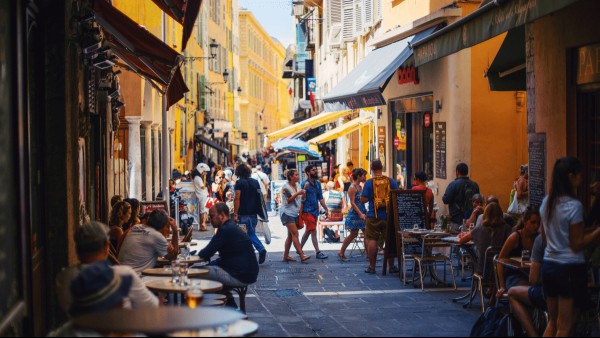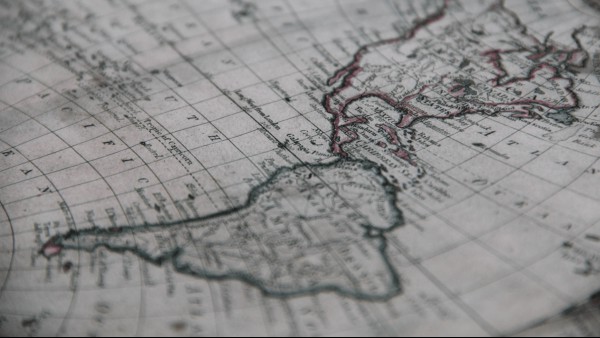The 12 Most Common Adjectives In French
There are a huge number of nouns in any language. You can learn as many as you want, but at some point, you’ll be at a loss for words about something. Fortunately, there’s a workaround: adjectives.
Learning the most common adjectives in French can help you describe something, even if you’re not sure exactly what it’s called. To help you with your learning, we compiled some of the most important adjectives to know, along with examples to show you how to use them.

The Top 12 French Adjectives
1. Petit – Small or of little importance
Examples:
Un petit problème – A small issue
Il est petit. – He is small.
2. Grand – Large, tall, important, worthy of respect
Examples:
Un grand problème – A big issue
Un grand homme – A great man
Il est grand. – He is tall.
3. Drôle – Something that surprises you or makes you laugh
Examples:
C’est drôle ! – That’s funny!
Il est drôle. – He’s funny.
4. Super – Super, great, extraordinary
Examples:
Un film super – A great film
Super ! – Great!
5. Dernier – Last
Examples:
Il est arrivé dernier à la course. – He finished last at the race.
Le petit dernier – The little one (when talking about the youngest child in a family)
6. Premier – First
Examples:
Le premier étage – The first floor
À la première occasion – At the first opportunity
7. Possible – Possible, doable, believable
Examples:
Non ? Pas possible ! – No? No way! (Expression of surprise and disbelief)
C’est possible… – It’s possible…
8. Jeune – Young
Examples:
Les jeunes mariés – Couple that just got married
Une jeune fille – A young girl
Un jeune homme – A young man
Le marié a l’air très jeune. – The groom looks very young.
9. Grave – Serious, considerable, critical
Examples:
Une grave erreur – A serious mistake
L’heure est grave ! – The situation is critical!
Ce n’est pas grave. Il va quand même faire beau. – That’s not too bad. The weather will be nice anyway.
10. Beau – Beautiful
Examples:
Les beaux jours – Warmer days after winter has passed
C’est un beau jardin. – It’s a beautiful garden.

11. Public/ique – Public
Examples:
Un jardin public – A public garden
Travailler dans le secteur public – To work in the public sector
Ils vont à l’école publique. – They go to a public school.
12. Nouveau – New
Examples:
Un nouveau livre – A new book
C’est nouveau ! – That’s new !





